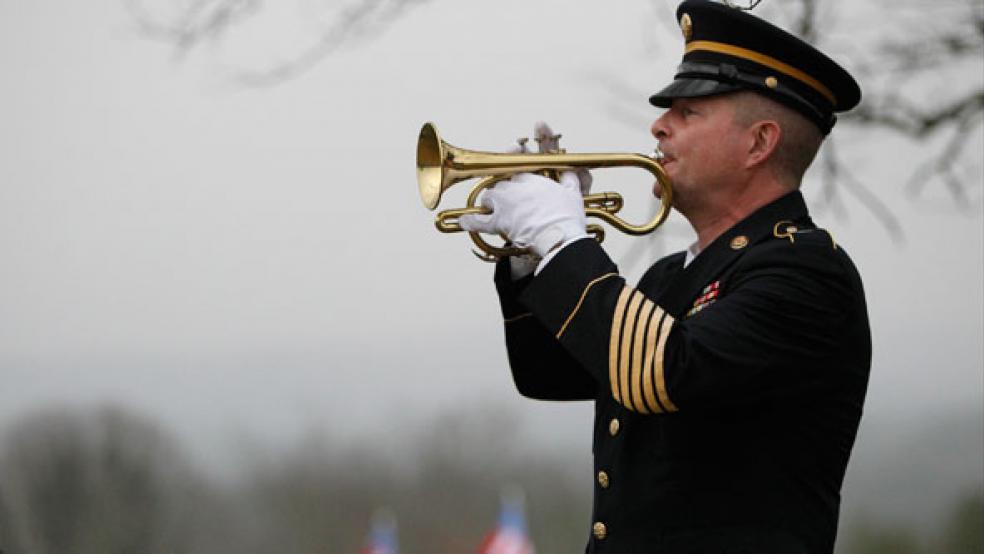A long time ago, when I was attending public school in New York City, the academic year was a grueling affair. Teachers were highly skilled, demanding and generally bereft of sympathy. They had a low threshold of pain for bad behavior, inattentiveness, substandard academic performance and sloppy penmanship.
Standards were high and almost always achieved: At my school, the young man who was generally acknowledged to be the least intellectually gifted among us, a kid named Thomas, could still write an intelligible paragraph, and each sentence contained a proper subject and predicate.
Related: Four Military Veterans See Their Service in a New Light
The school year was long, too. It started in late August and didn’t end until the last day of June, and no circumstance, catastrophe, snowfall, hurricane or rumor was a sufficient excuse to cancel classes.
In late May, with another full month before we would be freed from captivity, we celebrated Decoration Day. In the schoolyard, we were coaxed into something of a ragged military formation and led in the bright sunshine to a nearby park. There we participated in a short memorial service for our nation’s war dead, and we placed tiny American flags around a small stone marker whose inscription eludes me now. It was a moving little event each year, and we participated in it with requisite solemnity.
Perhaps the reasons for our uncharacteristic respectfulness was that the end of World War II was less than a decade behind us, the fighting in Korea had just ended, and there were unmistakable remnants of those conflicts still around us. Silently reminding us that the new prosperity may be fleeting, quite a few automobiles still sported gasoline ration stickers, and we saved 25 cents a week, a significant sum in those days, to buy U.S. savings bonds.
Related: Memorial Day 2014 By the Numbers
To us youngsters, though, the most visible and striking legacies of the war were the amputees in the neighborhood, on crutches or, missing both legs, perched on low plywood platforms that rode on roller skates. They propelled themselves down the street with their knuckles, and it was a sad and scary sight.
Ironically, their handicap was more startling than the notion of nearly half a million American deaths in World War II, men destined to be forever young in the memories of people who loved them. For us, it was only on Decoration Day that we spent a few brief moments reflecting on the debt we owe them, a debt that grows as we grow older.
Decoration Day didn’t become Memorial Day for almost another 20 years, but as national sacrifice gave way to national prosperity, we largely replaced gratitude with barbecues, and solemnity with slashed prices at the mall. And that makes me, and many others who served in uniform, a bit uneasy.
Not that there’s anything wrong with fun, ebullience and gustatory excess. To be sure, almost everyone likes a good time. Remember, it’s life, liberty and the pursuit of happiness, and if you want to be miserable instead, move to Iran.
But those of us who were forged into adults on the anvil of war, where we lost dear friends and faithful comrades, can’t help having a slightly more reverent attitude about the sacrifices that produce our safety and liberty. Being able to live in freedom is an incredible stroke of good fortune, but the freedom itself exists only because hundreds of thousands of our countrymen perished for it. And having seen our friends die in defense of democracy, many of us think often about their sacrifice.
So while none of us should ever dodge a chance to take a break, spend some time with family and overeat a bit, we should also remember why we have the freedom to do it, even if it’s just on this single day at the end of May.
Jack Jacobs is an MSNBC military analyst. He is a retired U.S. Army colonel. He earned the Medal of Honor for exceptional heroism on the battlefields of Vietnam and also holds three Bronze Stars and two Silver Stars. This article originally appeared in MSNBC. © 2007 MSNBC Interactive.




